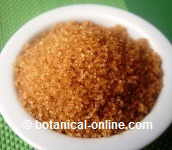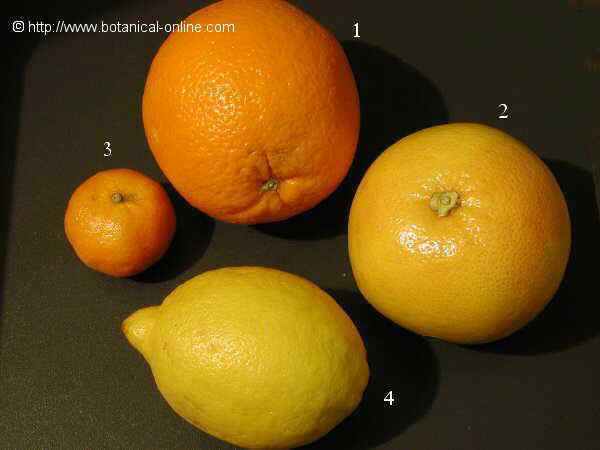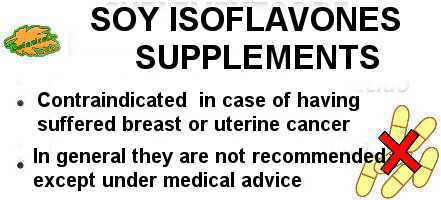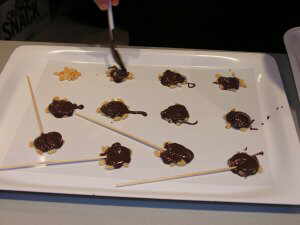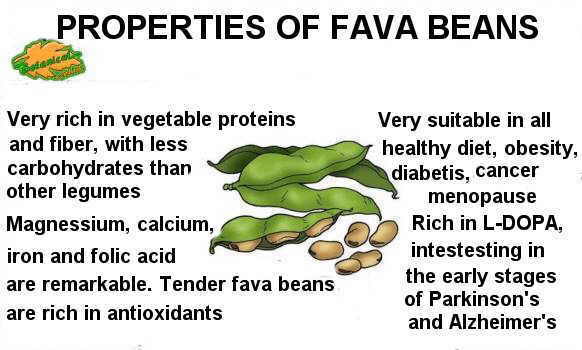Fructose risks
Adverse effects of fructose


- Tooth decay: Like sugar, fructose can cause tooth decay or gingivitis if proper oral hygiene is not maintained.
- Obesity: Some studies link the consumption of foods high in fructose (such as corn syrup that is added to some processed foods) with the obesity epidemic.
Too much fructose is considered more harmful than glucose because fructose does not stimulate insulin production (which controls blood sugar) as much as sugar. It can lead to problems with poor circulation, high cholesterol or triglycerides.
However, these effects are linked to excessive consumption of foods rich in fructose.
- Uric acid or gout: People with uric acid problems, hyperuricemia or gout attacks should not take excess fructose (table sugar, fructose, industrial juices, etc.). Eating too much fructose or sugar can raise uric acid levels.

Sugar is formed by the union of fructose and glucose. Uncontrolled diabetes: Lack of knowledge about fructose can lead to diabetes decompensations if it is not controlled properly.
Currently, crystallized fructose is sold as a substitute for sugar, although it is not a suitable use. Fructose is a type of sugar (monosaccharide), which is absorbed more slowly than sucrose or glucose.
But, being a sugar, fructose does influence blood sugar levels, and if consumed in excess, it can cause hyperglycemia and blood sugar imbalances.
These people are recommended to use saccharin as sugar sporadically (occasionally in cookies or cakes), since, being sweeter than sugar, with less fructose the same sweetening power of sugar is achieved.
However, for regular use, non-caloric sweeteners are recommended for regular use (e.g. stevia or saccharin).
![]() More information on the properties of fructose
More information on the properties of fructose

